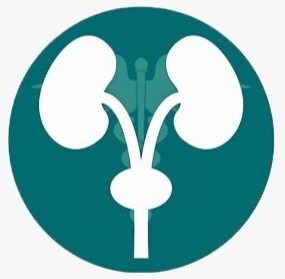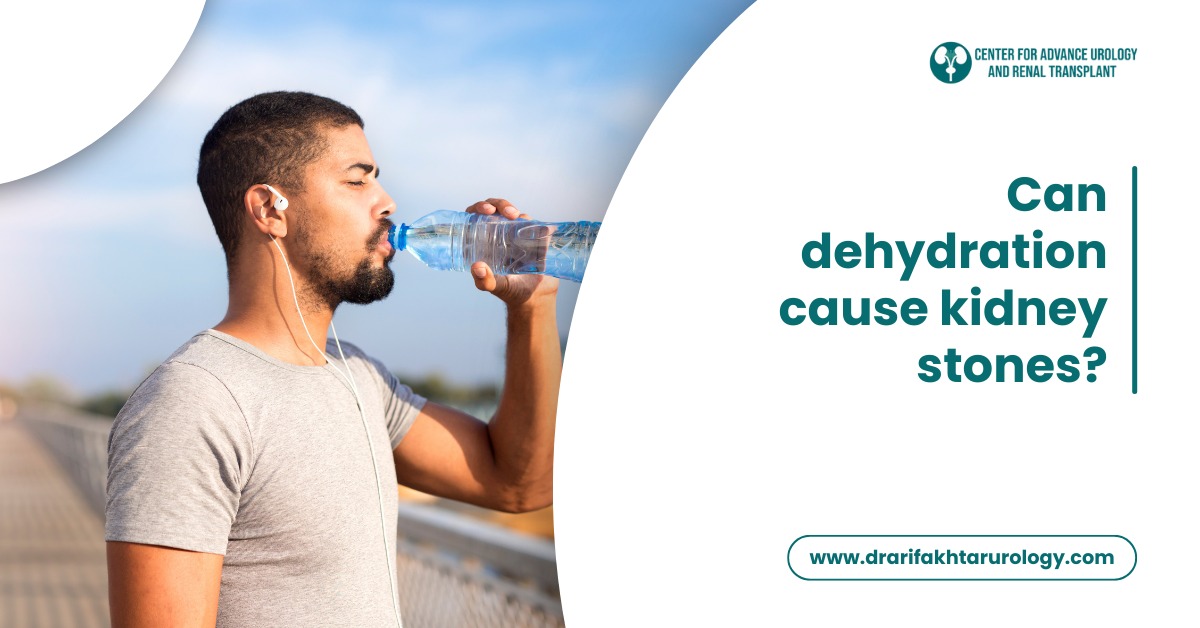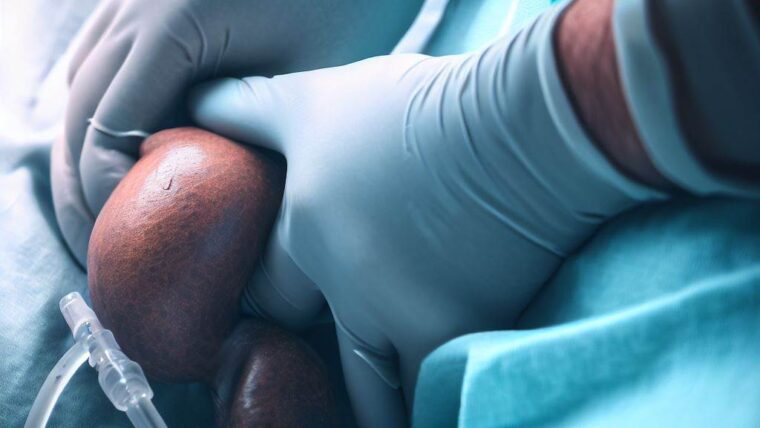Introduction
Kidney stones are a common and often painful condition affecting millions worldwide. These hard deposits form when minerals and salts crystallise in the kidneys. While several factors contribute to their development, one of the most overlooked causes is dehydration. The kidneys rely on adequate fluid intake to filter waste and prevent mineral build-up. When water intake is insufficient, the risk of kidney stones rises sharply. This blog explores the relationship between dehydration and kidney stones, their causes, and how to prevent them naturally.
Can Dehydration Cause Kidney Stones?
The simple answer is yes. Dehydration is one of the leading causes of kidney stones. When the body does not get enough fluids, urine becomes concentrated with minerals such as calcium, oxalate, and uric acid. These minerals can clump together and form crystals, eventually hardening into stones.
People living in hot climates, those who sweat excessively, or individuals who do not drink enough water daily are particularly prone to developing kidney stones from dehydration. Even mild dehydration, if repeated over time, can increase the risk significantly.
Common Causes of Kidney Stones
Kidney stones form for multiple reasons, often linked to both medical conditions and lifestyle factors. Some common causes include:
- Low fluid intake: Insufficient hydration reduces the kidneys’ ability to flush out minerals.
- High salt diet: Excessive sodium increases calcium in the urine, encouraging stone formation.
- Protein-heavy diet: High levels of animal protein can raise uric acid levels.
- Genetics: A family history of kidney stones increases risk.
- Medical conditions: Diabetes, obesity, and urinary tract infections can contribute to stone development.
While these factors matter, dehydration remains one of the most direct and preventable causes of kidney stones.
Relationship Between Dehydration and Kidney Stones
Dehydration and kidney stones are closely linked. When the body is dehydrated, urine output decreases, and the urine that is produced becomes darker and more concentrated. This creates an environment where crystals are more likely to form and grow.
For example, people who frequently delay drinking water during the day or consume more caffeinated and alcoholic drinks than plain water often face higher risks. Athletes, outdoor workers, and individuals in warmer regions must be especially cautious, as they lose more fluids through sweat. Recognising early signs of dehydration, such as dry mouth, dizziness, or infrequent urination, can help prevent kidney stones from forming.
How to Prevent Kidney Stones from Dehydration
Preventing kidney stones naturally begins with maintaining proper hydration. Simple lifestyle adjustments can go a long way:
1. Drink Enough Water
Aim for at least 2–3 litres of fluids daily, depending on activity levels and climate. Clear or pale-yellow urine is a good sign of adequate hydration.
2. Balance Your Diet
Limit salt and excessive animal protein intake. Instead, include more fruits, vegetables, and whole grains to keep minerals in balance.
3. Choose Fluids Wisely
While water is the best choice, herbal teas and citrus-based drinks (like lemon water) may also help. Avoid too much caffeine or alcohol, which can dehydrate the body further.
4. Stay Active
Regular exercise promotes healthy metabolism and circulation, helping the kidneys function better. Just remember to rehydrate properly after physical activity.
5. Monitor Risk Factors
If you have a family history of kidney stones or conditions such as diabetes, be extra mindful of fluid intake and dietary habits.
When to Seek Medical Care
Kidney stones can cause severe pain in the back or side, blood in urine, nausea, or difficulty passing urine. If you experience these symptoms, it is important to seek medical help promptly. Larger stones may require medical treatment or even surgical removal. Early evaluation not only eases discomfort but also prevents complications such as infections or kidney damage.
Conclusion
Dehydration is a major risk factor for kidney stones, but it is also one of the easiest to address. By drinking enough water, balancing diet, and paying attention to lifestyle habits, men can prevent kidney stones naturally and protect their kidney health. Staying hydrated is not just about quenching thirst—it is about giving your kidneys the support they need to keep working effectively for years to come.




